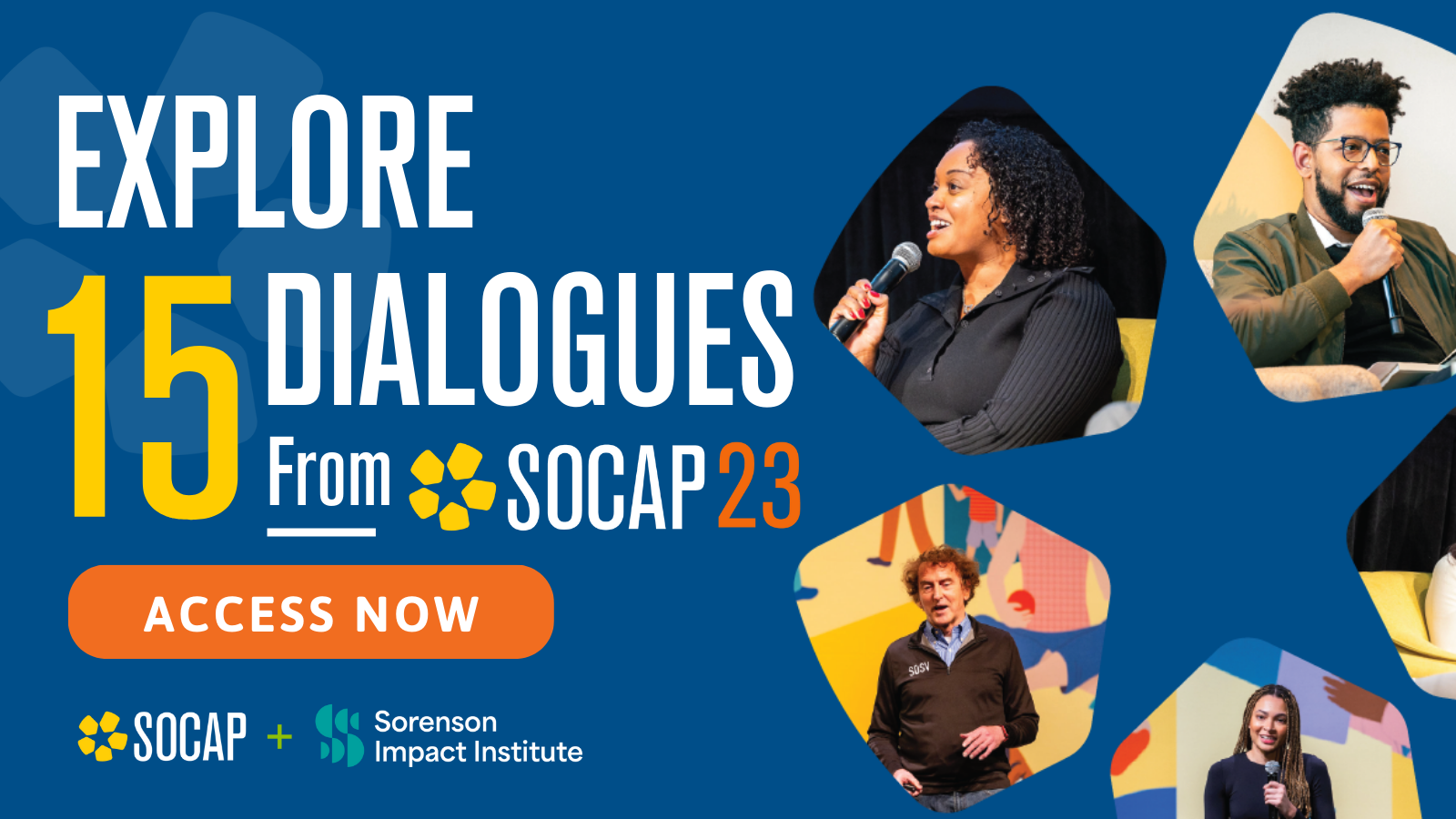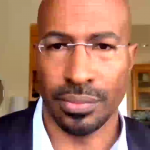The Pygmalion Effect and Conscious Leadership
I’ll confess (but please keep this on the DL from my daughters) that from first grade through graduation my grades were abysmal. My teachers told me that I had the ingredients for good grades—intelligence, curiosity, and lots of energy – but I consistently underperformed. As I reflected on those twelve years of school, I realized that the problem was my expectations. Back then I thought of myself as lazy, expected little of myself, and I followed through on that expectation. Oh, and my teachers, seeing my laziness, also expected little of me. Together we formed an unfortunate vicious cycle.
Fact is, our personal expectations (self-concept) drive us. And equally factual, others’ expectations drive us too. This power of expectations is a key aspect of conscious leadership, as conscious means to be aware of our internal process and the external reality. Fortunately, our self-concept is malleable and can change. My self-concept changed as a result of self-awareness, mentors and coaches, and deliberate practices (several of which are listed below).
But let’s check the science first and see what Dr. Robert Rosenthal, famed Harvard professor, learned from his seminal study on the power of expectations. Then we’ll talk about what that implies for leading and for ourselves. Dr. Rosenthal set out to determine if he could measure the effect of teachers’ expectations on student results. At an elementary school in South San Francisco, he told the teachers about a new test of learning potential, one that predicts student success (in truth, the test was a standardized IQ test with a fancy, made-up a new title – Test of General Ability).
He proceeded to administer the test to the entire student body, and then randomly selected 20% of the students (whose test scores were no better or worse than their peers). He then brought this random selection of names to their teachers and told them that these were “intellectual bloomers.” He told the teachers that their “bloomers” scores indicated an imminent leap of intellectual growth.
Two years from the initial test, he retested the “intellectual bloomers” (remember, these were randomly selected). He found statistically significant gain in their scores, and called this the Pygmalion Effect – the effect that teachers’ expectations have on students.
The Pygmalion Effect is a mental filter, a lens of expectations – a filter that shapes attitudes and actions. Teachers that expected high potential of their “bloomers” changed how they conceived, engaged, and worked with them. Teachers gave “bloomers” more smiles, nods, and affirming touches. They gave them more time to answer questions, and more specific feedback on their answers. And they were more patient and attentive when “bloomers” faltered or failed.
Now let’s take this to the office, and then to your inner world. Many years ago, I worked at a company in a managerial position. When I was first promoted to this position, the outgoing manager, as a “favor,” gave me her description of the direct reports I was going to manage. “Brenda is the go-to star, you can give her anything” she said, and “Carlos is the critic, keep your guard up.” “Oh,” she half whispered, “Steve cannot be trusted.”
As she downloaded her perceptions into me, what do you think happened? My expectations were being formed before I even took over. I walked in on day one and assumed that Brenda and Carlos and Steve will meet my preconceived expectations. Withing a week I started to “see” the evidence of my expectations. And, frankly, it took near mutiny for me to bring in a consultant, get to know them objectively, see my direct reports with clarity, and re-set expectations.
But I want to spend the rest of our precious time discussing our inner expectations. Remember my dismal grades that resulted from my expectations and self-concept? Our results always reflect our expectations; we are the output of all we have thought. A thought is a thing; you are what you think; you become what you think about most.
If you think that you can only manage a small team, and expect that you can’t lead a large organization, you’ll act accordingly and be proven right. If you think safety is a non-negotiable leadership goal, and you expect constant risk mitigation, you will influence your team to be cautious and slow to innovate and adapt. If you expect that you’re the smartest one in the room and everyone is less creative than you, you’ll influence your team to be quiet and uncreative.
Our self-concept predicts both our capabilities and our limitations. As a conscious leader you are on a perennial quest for awakening through self-awareness; you look to your successes and short falls as teachers that illuminate your inner world.
Learning about yourself is a pre-requisite for change and growth. Most of your self-expectations were formed unconsciously and without choice; they are based on memory, crafted from beliefs, shaped from relationships, and informed by childhood events. The gift (and the work) of conscious leaders is self-realization – seeing and appreciating your uniqueness as a human being, and having deep and wide awareness of people and situations.
To help your perennial quest, I offer a handful of practices to illuminate your expectations. With these you can consciously craft your self-concept. Rather than operating from an outdated set of self-expectations that don’t serve your aspirations, I invite you to be a Conscious Being at Choice.
1. Be Aware
Set aside 10-15 minute per day for ten days and write down answers to questions like:
- What are my qualities and values?
- What do I consider as negative about myself?
- In which situations do my negative beliefs about myself pop up?
- What situations make me feel unworthy, and what do they have in common?
- What belief could I never ever give up?
- What do I buy regularly with my disposable income (beyond basics)?
- What are my principles of life? Of leadership? Of relationship?
Answer these and create additional questions. This inquiry process is intended to reveal patterns and insights about yourself. Be curious and keep exploring in writing.
2. Exit your comfort zone
Realize that while you may not like your limiting self-concept, it is a comfort zone. Your habitual expectations and beliefs are running on auto-pilot; albeit an outdated one. Find ways to step beyond your comfort zone every day – in meetings, on email, on phone calls, on team projects, when making proposals and offers, or when meeting new people.
Experiment with expressing yourself differently in select arenas. If, for example, your comments in a meeting are usually focused on tactics, then articulate big picture observations and see how that feels. With every step out of your comfort zone you’ll feel a pinch of uncertainty and anxiety. That pinch is your teacher. Feel and follow that pinch, and listen to what it’s saying – that’s your self-concept.
3. Craft a Deliberate Self-Concept
With awareness comes choice. By becoming aware of your strengths, fears, expectations, and values you create options. By answering “Who am I?” and clarifying your narrative, and by learning from your pinch of discomfort, you get to reduce the intensity of your negative self-beliefs. Then you can add a deliberate, positive, aspirational self-concept.
Write a story about yourself – project into the future and write the story from the future. Then read this story out loud every morning for a month. You will begin to make choices from the mindset of this new self-concept.
4. Find Your Tribe
Jim Rohn said, “You are the average of the five people you spend the most time with.” Be selective about those with whom you spend your time, they will reinforce you to yourself. One of my biggest parenting concerns was the friends with whom my daughters were spending their time. My mom’s advice rang in my ears, “show me your friends, and I’ll tell you who you are.”
Find the people who inspire you, and share with them your vision for yourself. Let your circle – your tribe – help propel you toward your emerging vision of yourself. Like a race car driver and their pit crew, identify a support team. There are different roles your tribe can offer – coach, mentor, cheerleader, confidante, soother, encourager, or fellow miscreant.
5. Visualize
You probably know that our brain cannot distinguish real from imagined data, but let’s put this to the test! Right now, visualize or imagine holding a ripe lemon. Feel it’s heft in your hand, feel the uneven texture of the skin, see it’s yellowness, and smell that distinctive lemon scent. Now, imagine safely cutting a slice of this lemon, noticing the smell of lemon zest intensifying. And now picture and imagine biting into that slice of lemon. Yes! Can you notice your mouth salivating? Is your face cringing a bit?
Visualization is reality. So visualize yourself as being the person you’re describing. Picture, imagine, or feel yourself in situations you’d like to change, and visualize how you behave and the choices you make with peers, bosses, loved ones, and strangers. Mentally rehearse your new responses and actions and be pleasantly surprised to experience these behaviors in real-time.
6. Uplevel Your Self Talk
Pay particular attention to how you speak about yourself (remember, the brain takes in data at face value). Phrases like, “I just backed into this position,” or “I’ve always been weak at…” or “I’m such a klutz,” not only diminish you in others’ estimation, but also set low expectations for yourself.
When you hear your negative descriptions arise, pause. Consider that you are a Conscious Being at Choice, and decide what you want. Then change your language to one of possibility. Something as simple as “I haven’t read that book,” can change to “I have yet to read that book.” “I’ve always been weak at math,” can become, “give me a sec, I’m getting stronger at math.”
I’m passionately interested in you becoming a Conscious Being at Choice. You need this, and I need this. Your people need this. The world is aching for this. You’ll find that, inevitably, as you become more skillful at resetting your expectations of yourself, you will become more skillful at empowering others. So I’ll wrap up with the deep secret for being a beloved leader: everyone on your team is an “intellectual bloomer,” now go prove them right.






